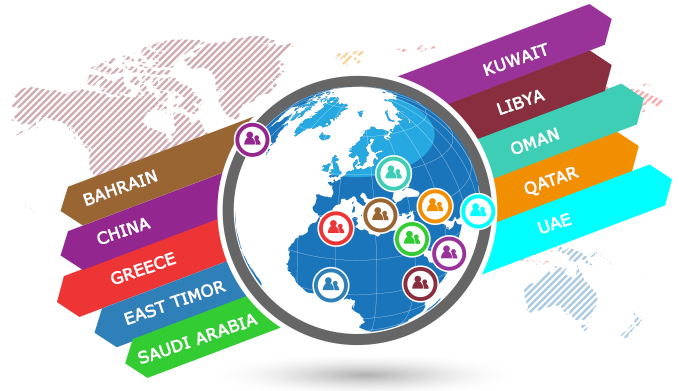About Us

Philippine schools overseas (PSOs) are duly-registered educational institutions operating outside the Philippines and implementing the basic education curriculum of the Department of Education (DepEd). PSOs are required to comply with the requirements and regulations of the government of the Philippines and of the host countries. A valid permit to operate from the host country is required before applying for accreditation from the Philippine DepEd.
PSOs are established to address educationaln needs of children of Filipinos overseas, and eventually facilitate their reintegration into the Philippine educational system upon their return to the Philippines. The schools also provide a venue for the teaching and propagation of the Filipino culture and heritage among Filipino youth overseas, and serve as a locus for Filipino community activity.
As of 31 December 2022, there are thirty-two (32) PSOs in ten (10) countries – Bahrain, East Timor, Greece, Italy, Kuwait, Libya, Oman, Qatar, Kingdom of Saudi Arabia, and United Arab Emirates. Around 25,000 students are currently enrolled in PSOs at various levels, from pre-elementary, elementary, and high school.
The vital role of these schools in the education of children of Filipinos overseas calls for certain standards of management and operation. The IACPSO formulates the policies and procedures governing the establishment, management and operation of such schools.
The IACPSO was established in February 1995 and strengthened through Executive Order No. 252 dated 05 May 2000. It is co-chaired by the Department of Education (DepEd) and the Department of Foreign Affairs (DFA). Other members of the IACPSO are the Department of Labor and Employment (DOLE), the Overseas Workers Welfare Administration (OWWA), and the Commission on Filipinos Overseas.
The Inter-Agency Committee (IAC) serves as the policy making body and a forum for discussion and resolution of issues concerning the establishment, operation, and management of Philippine schools overseas or such type of schools or educational programs overseas. It reviews, formulate and adopt or recommend policies and programs to establish and maintain high standards of educational management, and ensure quality of education for Filipino youth overseas consistent with national policy. Specifically, the Inter-Agency Committee undertakes the following.
- Develop policies and guidelines in connection with the establishment, operation, management, accreditation and regulation of Philippine schools and educational programs overseas;
- Develop a system for classifying institutions overseas that provide Philippine-based curriculum and instruction;
- Conduct studies on issues and problem areas affecting the operation of Philippine schools overseas;
- Provide inputs to the DepEd, in the development of Philippine schools overseas;
- Hold meetings and consultation on a regular basis to ensure the effective and efficient implementation of policies and programs for Philippine schools overseas;
- Conduct site visits and ocular inspections of Philippine schools overseas in furtherance of the objectives of this order; and
- Serve as arbiter in matters regarding Philippine schools overseas which are brought to its attention.
